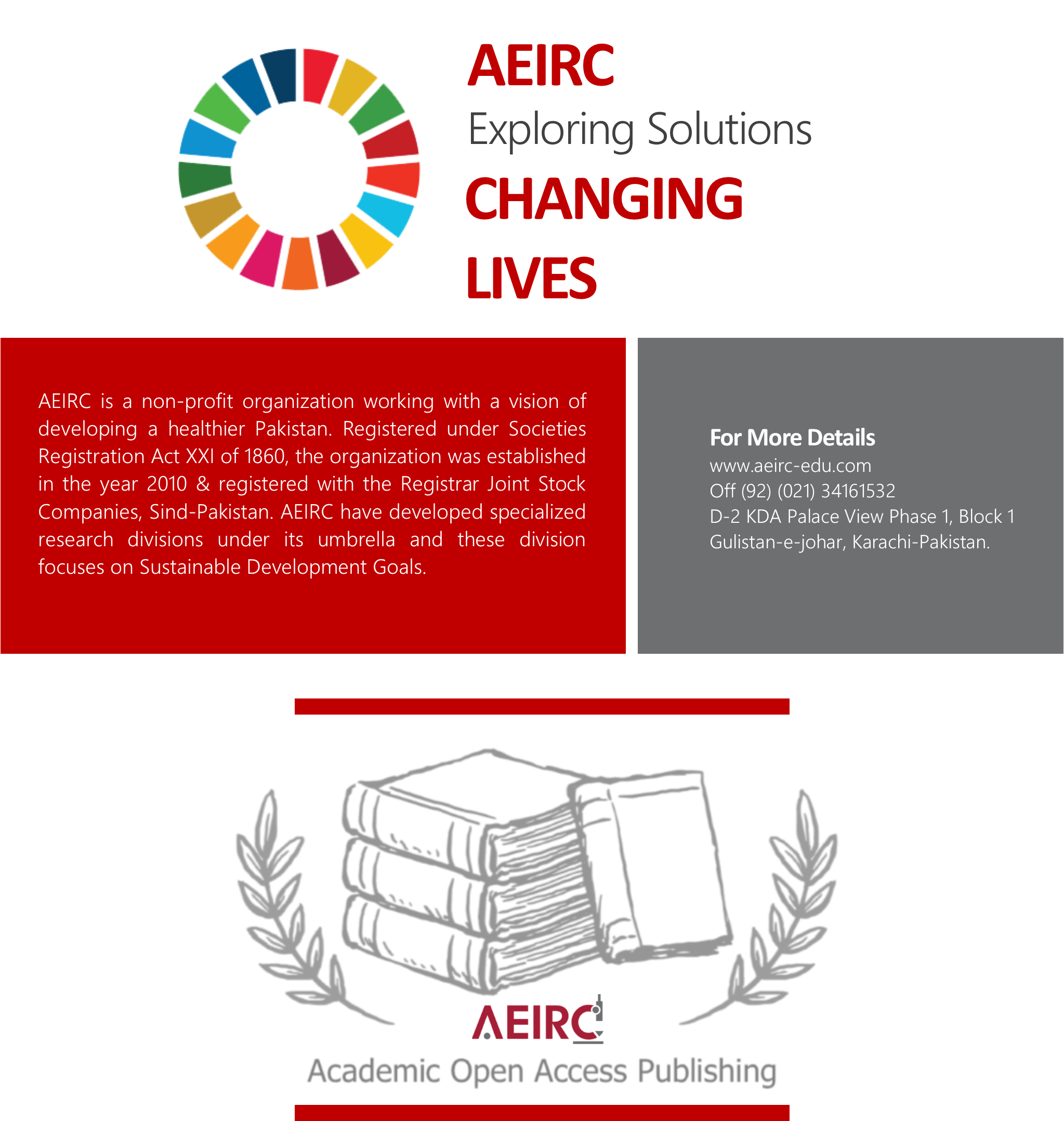ALIVE Biofeedback HRV training for Treating Insomnia: A Pilot Randomized Controlled Study.
DOI:
https://doi.org/10.29052/IJEHSR.v11.i3.2023.154-162Keywords:
Alive Biofeedback, Heart Rate Variability, InsomniaAbstract
Background: Insomnia is a common sleep disorder that affects a large portion of the population. While several treatments are available, such as medication and cognitive-behavioral therapy, some individuals may not respond well to these treatments. Biofeedback, a technique that provides individuals with real-time feedback on their physiological responses, has shown promise in treating insomnia. This study aimed to investigate the effectiveness of ALIVE biofeedback HRV training in treating insomnia.
Methodology: This pilot study utilized a randomized controlled trial design to investigate the efficacy of ALIVE biofeedback intervention in individuals diagnosed with insomnia. A total of 60 participants with insomnia were randomly assigned to either the ALIVE biofeedback or control group. The ALIVE biofeedback group received a six week intervention involving relaxation techniques, deep breathing exercises, and mindfulness meditation using the ALIVE Pioneer system for heart rate variability (HRV) biofeedback training. The control group received standard care for insomnia. Outcome measures included HRV parameters, blood pressure, the Pittsburgh Sleep Quality Index Japanese version (PSQI J), and the Insomnia Severity Index (ISI).
Results: The ALIVE biofeedback group showed significant improvements in heart rate variability (HRV) parameters, including increased SDNN and RMSSD and high-frequency power (HF) after the 6-week intervention. The control group did not display significant changes in HRV. Additionally, the ALIVE biofeedback group significantly decreased diastolic blood pressure. Regarding sleep outcomes, the ALIVE biofeedback group reported increased sleep duration and decreased sleep disturbances, as indicated by the PSQI-J scores. Furthermore, participants in the ALIVE biofeedback group significantly improved their ISI scores. These findings suggest that the ALIVE biofeedback intervention can potentially improve HRV, blood pressure, sleep quality, and insomnia severity in individuals with insomnia.
Conclusion: It is concluded from the study results that the ALIVE biofeedback training is a non-invasive and effective treatment for insomnia.
Downloads
Published
How to Cite
Issue
Section
License
Copyright (c) 2023 The Author(s)

This work is licensed under a Creative Commons Attribution 4.0 International License.







